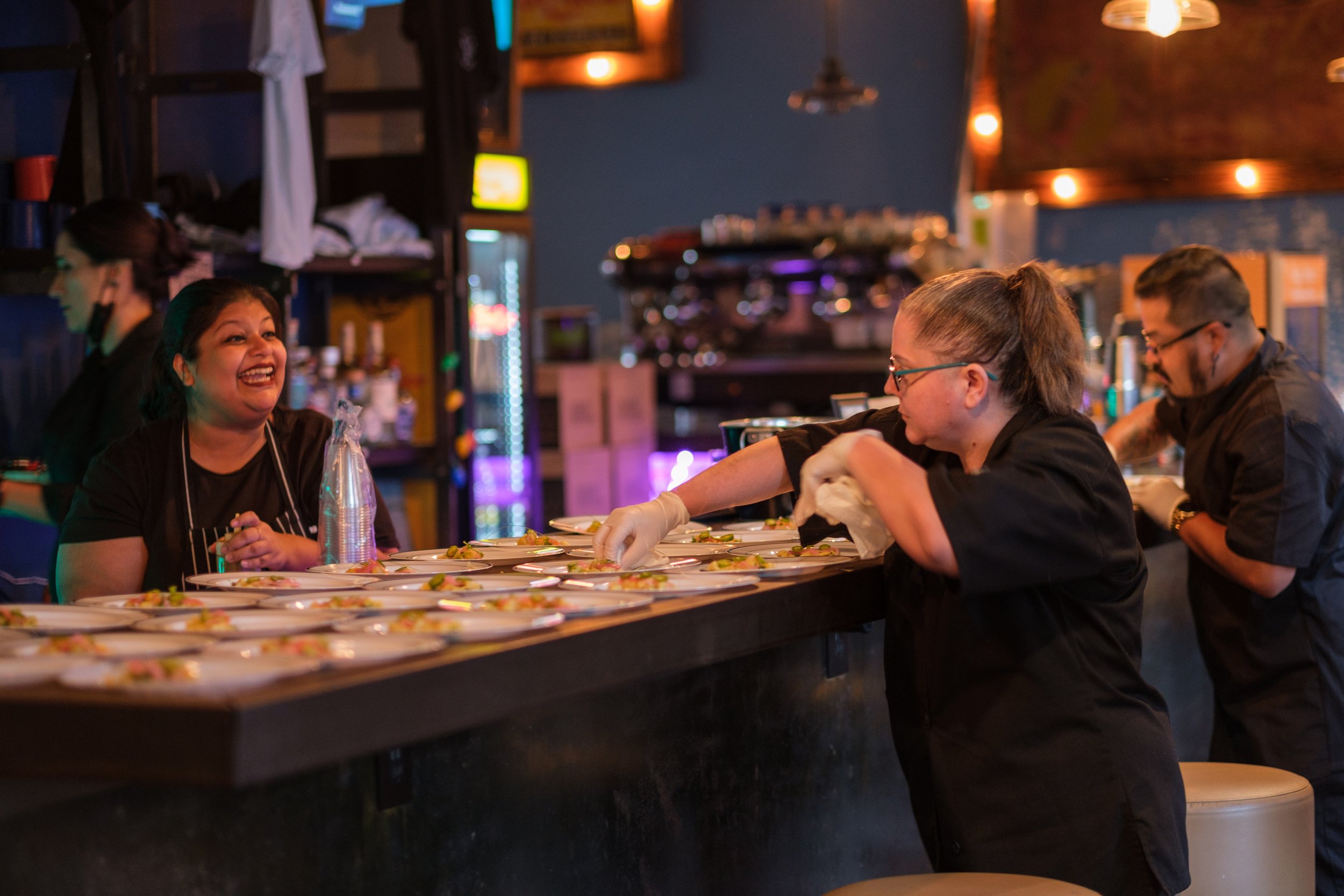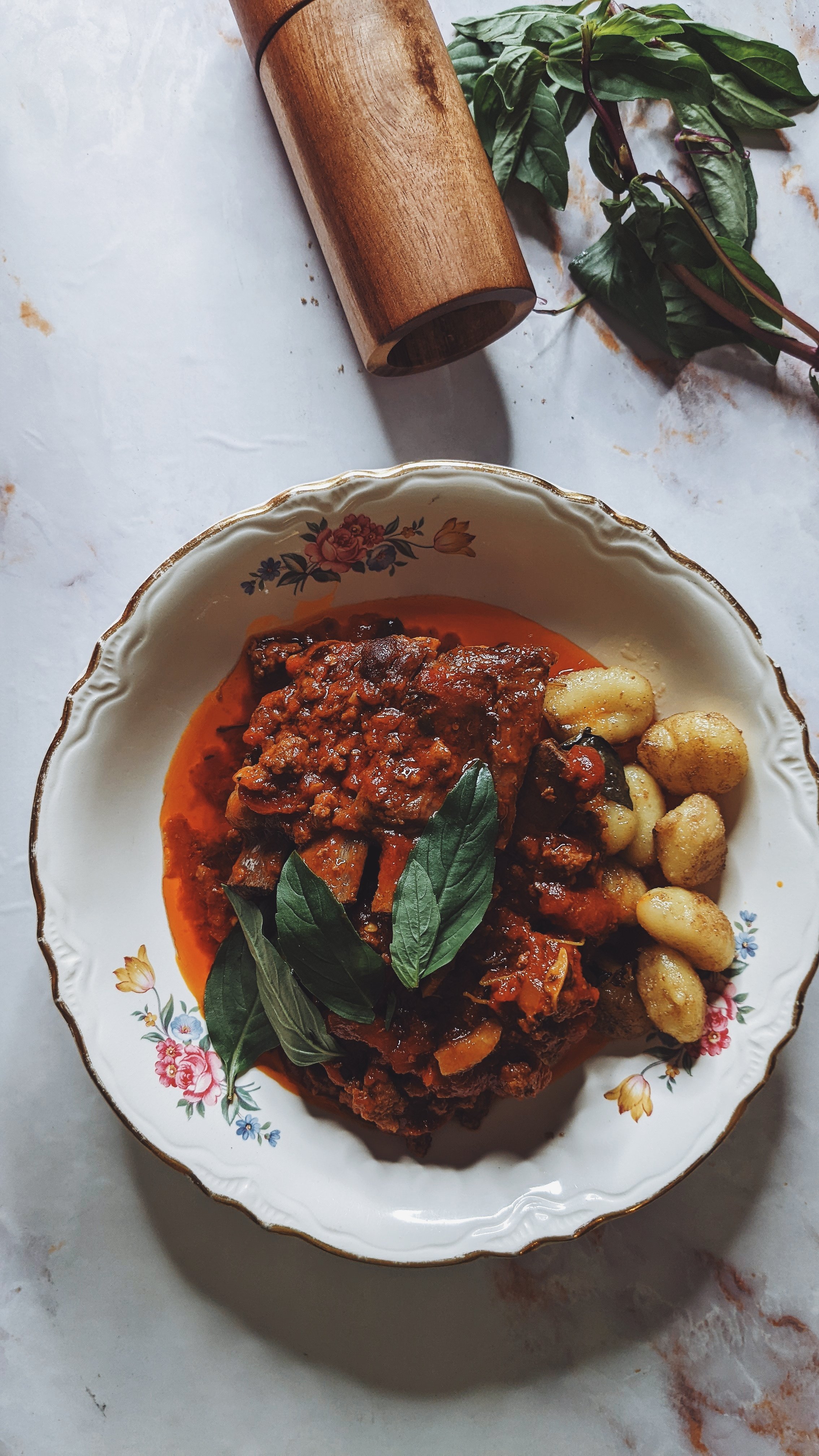Our Story
The sizzle of black mustard seeds, the heady fragrance of deep green makrut lime leaves, and the sweet spiciness of grated ginger. These are some of the unique smells and sights you may experience in Chef Amirah Islam’s kitchen. Born in the world’s friendliest city, Glasgow, Scotland, Chef Amirah was later raised in her home country, Bangladesh, ensconced in the rich history, literature, and artistry dating back centuries. It was during this time of sharing daily family dinners, Friday lunches with her extended relatives, and special holidays like Eid that Chef Amirah began to see food as inextricably tied to identity and culture, but most importantly, a legacy left by past generations.
Hailing from a country that was colonized, a country that fought for independence and its right to speak its own mother tongue, Chef Amirah began to see how Bengali cuisine had been put through the sieve of political turmoil. Revolution, climate change, and genocide created gaping cracks for unique culinary traditions to fall through, just as Bengali people innovated to fill those gaps. Despite hardships, Bangladesh, and those who call it home, survived and so did multi-generational family cooking traditions and techniques.
For Chef Amirah, food is steeped in heritage, the tender love of someone’s hands, and the history that moulded ever-evolving dishes to smell and taste as they do today. She feels this, especially as the food from communities around the world is often repackaged and sold to benefit others that do not invest back in the cultures they take from so freely. Her purpose as a chef is to bring the stories and the people along with their dishes to the table. To curate a space where everyone has a seat to sit down and eat.
Quickly establishing herself as an ambassador for South Asian food culture in Austin and through social media, Top Chef Amateurs winner, Chef Amirah Islam believes that each dish she creates has something to say. Whether through the influences of Malaysia or the indigenous uses of Bengali spices, she understands that food often comes from the happy confluence and tumultuous conquest of people, land, and cultures. The culinary world has long been led by people co-opting ingredients and concepts from other cultures – to the point where the cuisine is dissociated from its source. Chef Amirah takes on the challenge that she believes every chef is bound to: the duty to explain to their audience where their ingredients and techniques come from.











